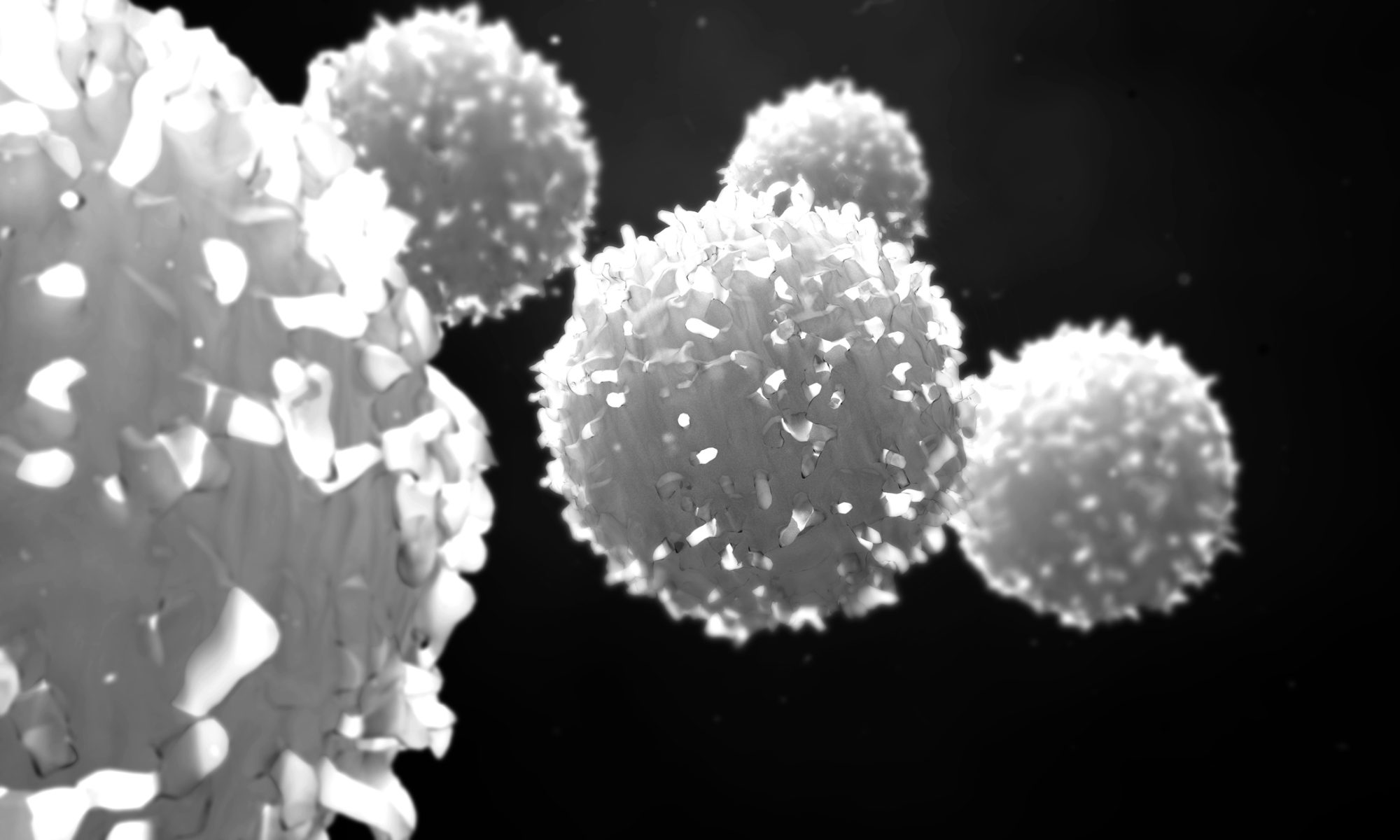Ms. O’Rourke’s uses her poetic voice to elegantly describe her attempts to unfold and understand the constellation of symptoms she endures, and the perseverance required to both live with and overcome them. In her sober account, she describes the frutration and lonliness that define her efforts to convince the medical people around her that something is wrong when available testing suggests otherwise.
Her challenge is shared by many thanks to systemic issues with US healthcare, including the segmentation of medical care by body part or system, the often poor coordination between these parts and the hard limits of lab testing. All these factors, which can be put to good use when identifying and eliminating single organ, acute problems, conspire to stymie efforts when the condition is more complex and enduring. O’Rourke is unfortunately stuck in a grievous cycle where she brings her complicated issue to a health care system not well versed in chronic conditions–which limits its ability to measure and assess such conditions, which leads physicians to dismiss her issues, leaving her to either live within the limits of her illness, or find a new doctor to chase down symptoms and run tests in slightly different ways.
Regrettably, she is by no means alone. I have read other work on managing illness and have never encountered her significant collection of insights from many other authors who’ve battled trying medical circumstances. I read with real interest the ways other writers through time have metabolized the exasperation and fatigue attached to the project of being chronically sick. Even if their search for a cure or meaning or relief from their suffering didn’t always lead them away from illness, their perspectives, whether familiar or novel provide other ways to contain and contend with, at least on paper, issues that defy measurement.
What I particularly admired, as someone who is very much kin in this world of autoimmune madness, was her resistance to a narrative that seeks out the positive lessons borne from hardship. She does acknowledge that some deeper perspectives have been gained in her decade long process–this experience will change you no matter the outcome. But the cost of acquiring these perspectives is significant, and she is not drawn by the magnetic pull of expectation to define a quest successfully completed.
Her willingness to conclude that there is no neat ending to this trial is consistent with my lived experience. Once you’ve spent enough time in the grip of a complicated medical issue (or more likely issues), you viscerally understand that a “remission” of symptoms is no guarantee of permanent health. Biology doesn’t obey a linear logic, and as such, none of us know how or if our long term issues will resolve. Even so, the work required to try to untangle the mystery that has hijacked her life makes for an engaging and thoughtful journey and left this reader rooting for her.
















